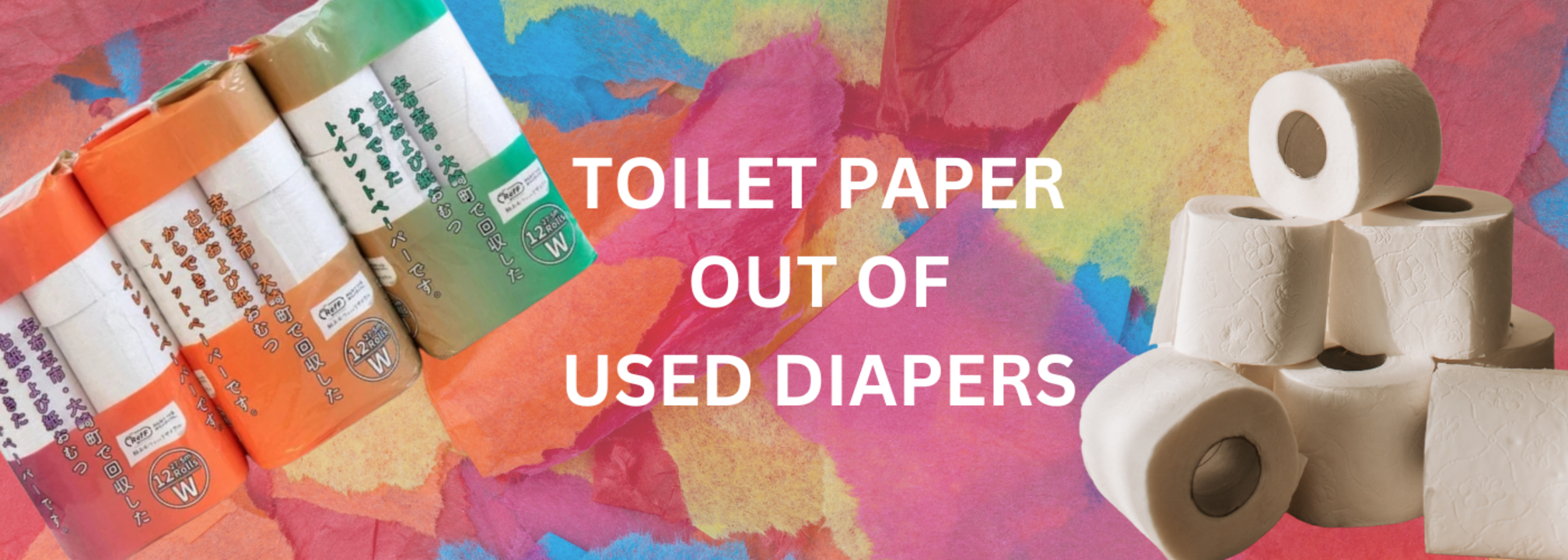Japan Made World's First Toilet Paper From Used Diapers, Is It Safe?

SummaryJapan became the first country in the world to sell toilet paper made from used diapers. In the first batch, 30,000 rolls were created and are now sold at $2.70 per dozen.
End of Article
